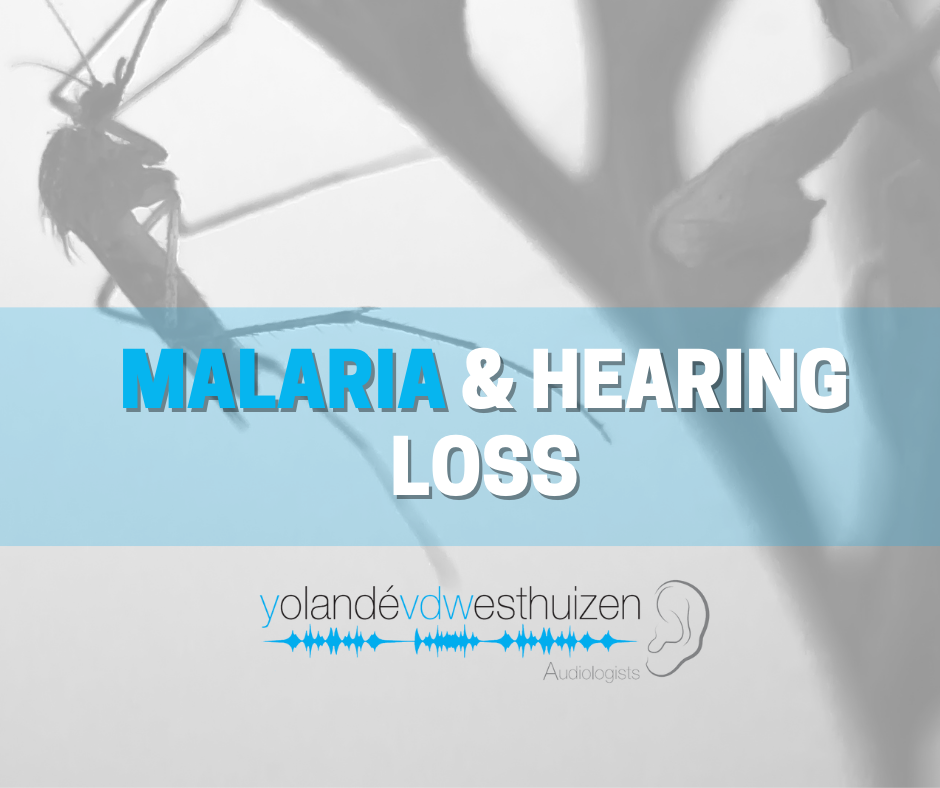
Malaria Key Facts by the World Health Organisation (WHO)
- Malaria is a life-threatening disease caused by parasites that are transmitted to people through the bites of infected female Anopheles mosquitoes. It is preventable and curable.
- In 2020, there were an estimated 241 million cases of malaria worldwide.
- The estimated number of malaria deaths stood at 627 000 in 2020.
- The WHO African Region carries a disproportionately high share of the global malaria burden. In 2020, the region was home to 95% of malaria cases and 96% of malaria deaths. Children under 5 accounted for an estimated 80% of all malaria deaths in the Region. (https://www.who.int/news-room/fact-sheets/detail/malaria)
People who have malaria usually feel very sick with a high fever and shaking chills. While the disease is uncommon in temperate climates, malaria is still common in tropical and subtropical countries.
Hearing loss associated with Malaria can be contributed by either of the following:
Malaria parasite:
Deafness in malaria is associated with P. falciparum parasitic infection. Although age, immunity, the type of malaria parasite, fever, complications of malaria can contribute to hearing loss, the actual mechanism of causation is not clearly understood.. Some reports indicate that the high fever in malaria, leading to febrile convulsions and cerebral involvement, can result in deafness. (https://pubmed.ncbi.nlm.nih.gov/12290448/#20deafness.)
Malaria treatment:
Severe ototoxicity has been reported in association with the use of quinoline-type antimalarials. Quinine is known to cause reversible or permanent hearing loss and tinnitus.
It is best to consult with your audiologist as soon as you experience any auditory symptoms in the presence or after malaria or malaria treatment.
centurion@yvdwaudiology.co.za | benoni@yvdwaudiology.co.za | saxby@yvdwaudiology.co.za
